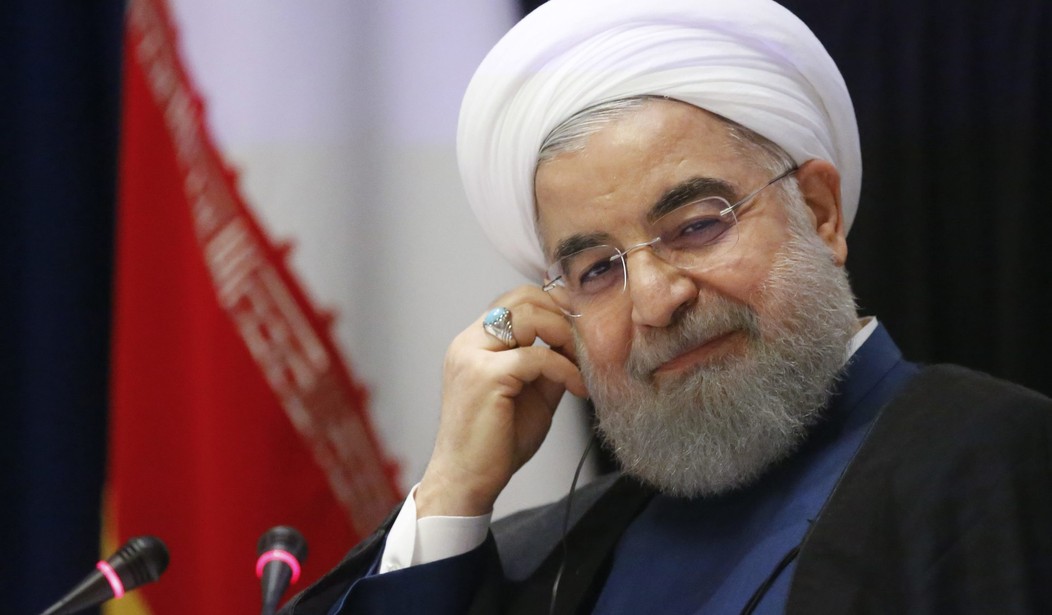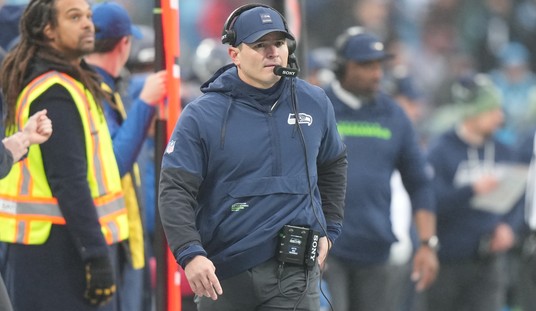Iran’s supreme leader Ayatollah Ali Khamenei said that the regime must take advantage of the coronavirus outbreak. He simply meant to use this tragedy to salvage the regime from the deadly trap in which it is caught.
After the mid-November uprisings, when more than 1,500 young, unarmed rebels were killed, the regime lost what was left of its legitimacy in the eyes of the international community. Less than two months later, the middle class joined the rebellious youth and took to the streets to protest against the downing of the Ukrainian passenger plane, which became the regime’s death knell.
Abbas Akhundi, former member of Rouhani’s cabinet, said the November events, which were the most devastating and deadly in two decades, were expected for a long time. The extent and manner of the protests were beyond the imagination of many social observers and critics.
Collapse of the middle class
Abbas Akhoundi believes that “the fall of the middle class to the lower and impoverished class is the cause of widespread anomalies in the society. Such extensive social displacement towards lower class has caused a confusion within the society and any negative and unprecedented development is expected any time with an explosive intensity.”
Morteza Mobalegh, the Interior Ministry’s political and security deputy in Khatami’s government, said, “The current situation is so difficult that social and security problems are likely to arise not only in the post-Coronavirus times but also in the current situation” because, according to him, the country is in a critical situation (Arman Newspaper, April 12, 2020).
Successive uprisings since late 2017 echoed widely in the “death to the dictator” slogan show it’s quite obvious that the regime’s supreme leader has got the message loud and clear. He is struggling to survive amid uprisings of the rebellious youths and the hammer of sanctions. He sees the sword of Damocles hanging over his head and feeling the wind of change.
All these explain why the supreme leader succumbed to a major and unprecedented catastrophe and refrained from reporting the outbreak of the coronavirus in a bid to encourage people to go to the ballot boxes in the parliamentary elections, which they expected would help regain the regime’s lost legitimacy. Hence, they hid the start of the coronavirus outbreak, which is leading to one of the greatest tragedies in the history of the country.
Security versus public health
There are two options to control COVID-19 in Iran. The first is to control the disease with rigid quarantine, but the regime knows that it would be required to compensate for more than 30 million job losses at the risk of further uprisings by the unemployed and deprived masses. It seems that Khamenei has no intention of paying this price. If he wanted to support the deprived masses, he would not accumulate astronomical fortunes.
The second option is herd immunity. This means that the regime does not need to do anything at the cost of at least 60% of the population contracting the virus with a possible one million deaths. The government has already instructed workers to go back to work without any preventive measures. In an open letter to President Rouhani, the Iranian Society of Immunology and Allergy denounced the herd immunity scheme declaring that it would allow two-thirds of the population, amounting up to 60 million people, to be infected with up to two million facing death.
Khamenei is obviously alarmed by the situation, therefore, wants to take advantage of the current crisis to his own benefit and kill two birds with one stone: avoid downfall and get rid of sanctions.
The regime is in effect taking the Iranian people’s health hostage to its own ends. Under the pretext that sanctions are obstructing efforts to counter the virus and medical supplies cannot be purchased as oil exports are almost nil and access to its reserves in banks is blocked, the regime tried to organize a campaign to lift sanctions. This is while, according to IMF and a number of officials of the regime, there are hundreds of billions of dollars in the possession of various state-run institutions controlled by Khamenei that can be used to the benefit of the Iranian people.
On the other hand, with a large-scale massacre of Iranians with this disease — estimated at one million victims — Khamenei is planning to tire and discourage the masses, thus undermining popular discontent that is threatening his grip on power.
Will the Iranian regime survive the coronavirus outbreak?
Currently, 32 million people out of the 85-million population in Iran are not being included in economic activities. Due to the increasing importance of the metropolis of Tehran and the widespread and unbridled migration to the country’s capital, marginal communities have spread in Greater Tehran and the marginalized and socially excluded population has increased to 11 million in that area.
The production system has been completely destroyed with lower classes facing unprecedented poverty. Currently, the COVID-19 crisis has forced the marginalized, the unemployed, peddlers, women heads of households, child laborers, and other vulnerable groups of society to choose between “life or bread.”
The middle classes have long become the lower classes and have been protesting for their rights. The deprived, migrants, socially excluded, unemployed, the low-income, and the middle-class masses have nothing to lose. Public confidence has reached zero and all the indicators demonstrate that a significant change is about to happen in Iran.
As a result, the head of the National COVID-19 Confrontation Committee in Iran is also chief of the armed forces. Meanwhile, IRGC forces are on high alert under the cover of combating COVID-19. The regime also refuses to release prisoners despite the virus outbreak in the prisons and continues to carry out executions to control and suppress the population.
It is hard to believe that the November uprising against a gas price hike was spontaneous. The sudden rise was announced and implemented on Friday morning, November 15, but popular protests erupted a day and a half later on Saturday afternoon. This makes the issue of organization and leadership more likely. It is obvious that in such circumstances, when public discontent is organized and has a leadership, the regime will not be able to survive even by resorting to a widespread brutal massacre.









Join the conversation as a VIP Member